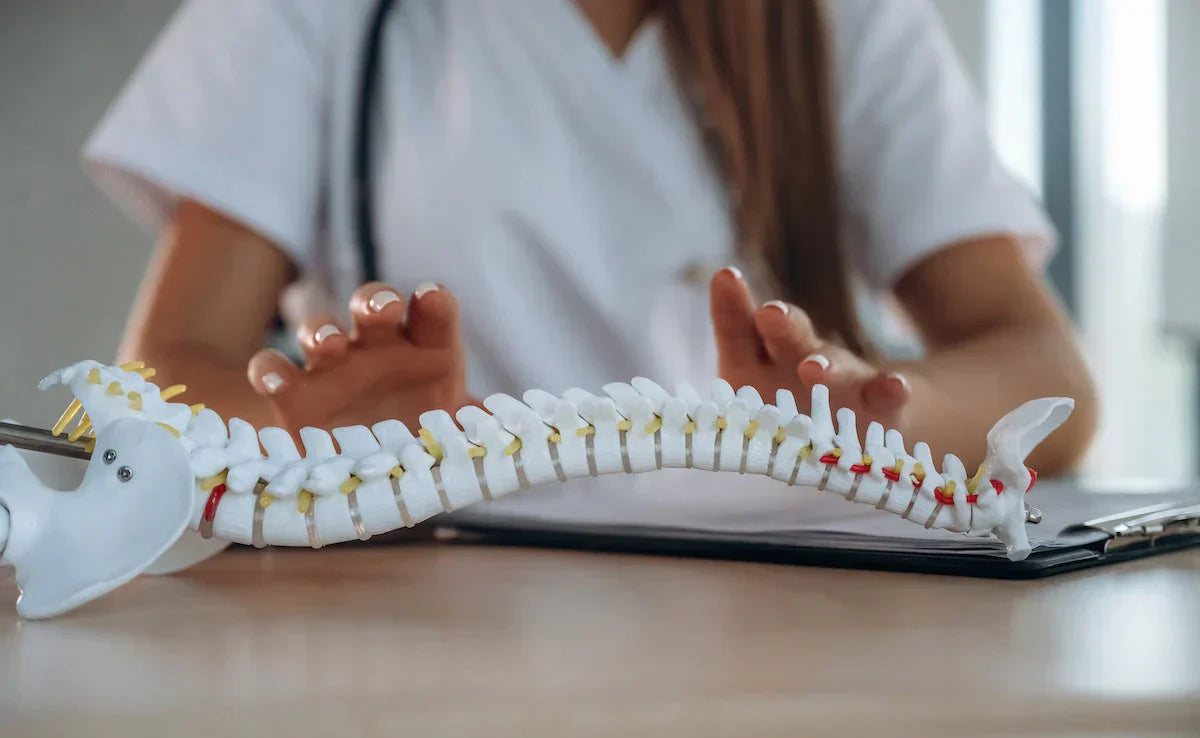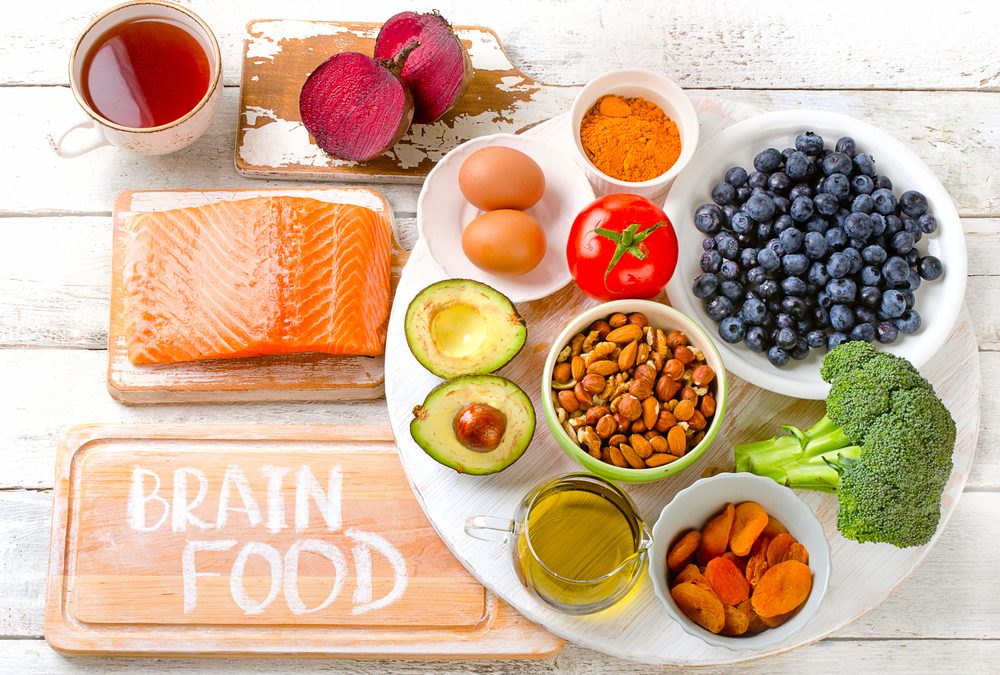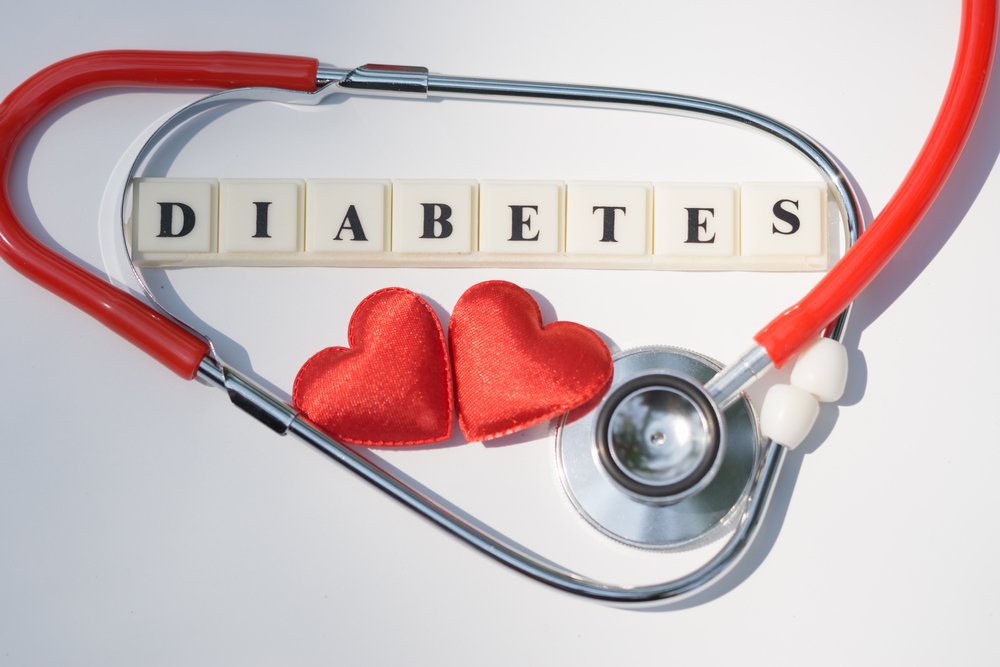When conversations around bone health come up, the usual advice is simple: get enough calcium and vitamin D. While these nutrients are critical, they’re only part of the equation. Beneath the surface, there’s another key player that doesn’t always get the recognition it deserves—collagen.
Think of your bones as a reinforced structure: calcium and minerals make them hard, while collagen gives them flexibility and resilience. Without collagen, bones become more brittle and prone to fracture, no matter how much calcium you get.
Collagen’s Role in the Bone Matrix
Although bones feel hard and solid, they’re made up of living tissue that is constantly being renewed. Nearly 90% of the organic portion of bone is Type I collagen. This fibrous protein acts like a scaffolding system, creating the framework that minerals such as calcium and phosphorus lock into.
When collagen levels decline with age—especially in women after menopause—bones lose both density and elasticity. This combination raises the risk of osteoporosis, fractures, and reduced mobility later in life.
What the Research Says
Scientific studies are beginning to highlight just how important collagen is for skeletal strength. For example:
-
Supplementation with collagen peptides has been shown to improve bone mineral density.
-
Collagen intake appears to stimulate osteoblast activity, the cells responsible for producing new bone tissue.
-
In one trial with postmenopausal women, collagen supplementation not only increased bone density but also reduced markers of bone breakdown.
These findings suggest that collagen does more than support skin—it may also play a vital role in preventing long-term bone loss.
Collagen Supplements and Osteoporosis Prevention
Maintaining bone strength requires a holistic approach. Weight-bearing exercise, balanced nutrition, and adequate calcium and vitamin D are all essential. But adding hydrolyzed collagen peptides to your routine could give your bones additional support.
Among different sources, marine collagen stands out for its superior bioavailability. Because the peptides are smaller, they’re absorbed more efficiently, allowing the body to put them to work faster.
Ballstad Salmon Collagen is an excellent option—it’s made from sustainably sourced Norwegian salmon, rich in Type I collagen, and completely tasteless and odorless. That means you can stir it into your morning coffee, smoothie, or tea without changing the flavor.
Taking Care of Your Bones Before It’s Too Late
Osteoporosis is often called a “silent disease” because it develops without symptoms until a fracture occurs. By that point, bone density has already declined significantly. Supporting your body’s collagen levels early on could help maintain strong, flexible bones for years to come.
Protecting your bone health isn’t just about preventing fractures—it’s about preserving independence, mobility, and quality of life.
So next time you think of strong bones, remember this: calcium hardens, but collagen holds it all together.




